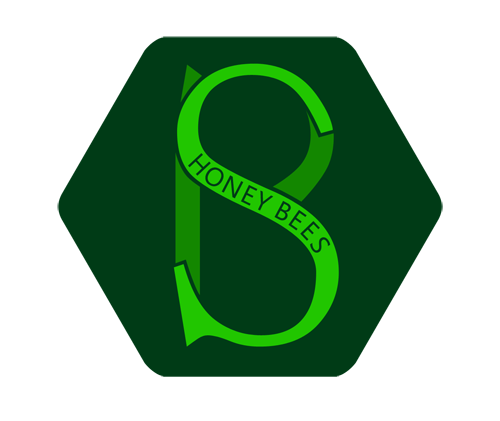We use cookies to make your experience better. To comply with the new e-Privacy directive, we need to ask for your consent to set the cookies. Learn more.
Disease Assurance Scheme for Honeybees - DASH
Introduction
In 2010 - 2011 the Farming Regulation Task Force issued an Earned Recognition Plan which, as the title suggests, allows self-regulation to those who show a strong track record of reliability and adherence to standards. This risk-based approach to inspections already runs throughout a number of inspection regimes, e.g. Integrated Pollution Prevention and Control (IPPC) inspections in the pig and poultry sectors, and in livestock welfare and dairy hygiene inspections. In 2013, the National Bee Unit (NBU) and The Bee Farmers’ Association Ltd (BFA) collaborated to develop DASH – the Disease Assurance Scheme for Honeybees. The aim of DASH is to:
- Reduce the costs associated with disease within commercial beekeeping operations;
- Improve the health of honeybees within the operation, and
- Reduce the regulatory burden in the form of inspection visits.
DASH is recognised within the DEFRA Farming Regulation Task Force Implementation – Earned Recognition Plan August 2013. DASH is only eligible to those in the Bee Farming industry and those members that successfully complete the scheme will receive greater autonomy and fewer inspections by Bee Inspectors.
This will not necessarily mean a reduction in the total number of inspections, but rather gives an opportunity to improve targeting inspections to those close to disease.
Overview of DASH
During the late summer months, participants will need to attend a training event to verify that they can recognise disease;
In the winter, successful candidates will be expected to update their apiary sites and colony numbers on BeeBase;
The following Inspection season, the NBU will then carry out baseline inspections of all colonies. Once this is complete, improvement orders will be issued if necessary, followed by a certificate of competency;
From then on Bee Farmers will be required to self-report any disease finds to the NBU as required in the working protocol. Copies of this and the Bee Farmer Self Inspection Form are available from [email protected] . Any equipment needed for diagnosis of suspect disease will be provided by the NBU;
Members will receive audit visits by Bee Inspectors. Any audit visit which involves ‘Inspection activity’ still has to be risk based and must fall in line with our operating to the Regulators Code. There will be no Inspection activity without a reason.

